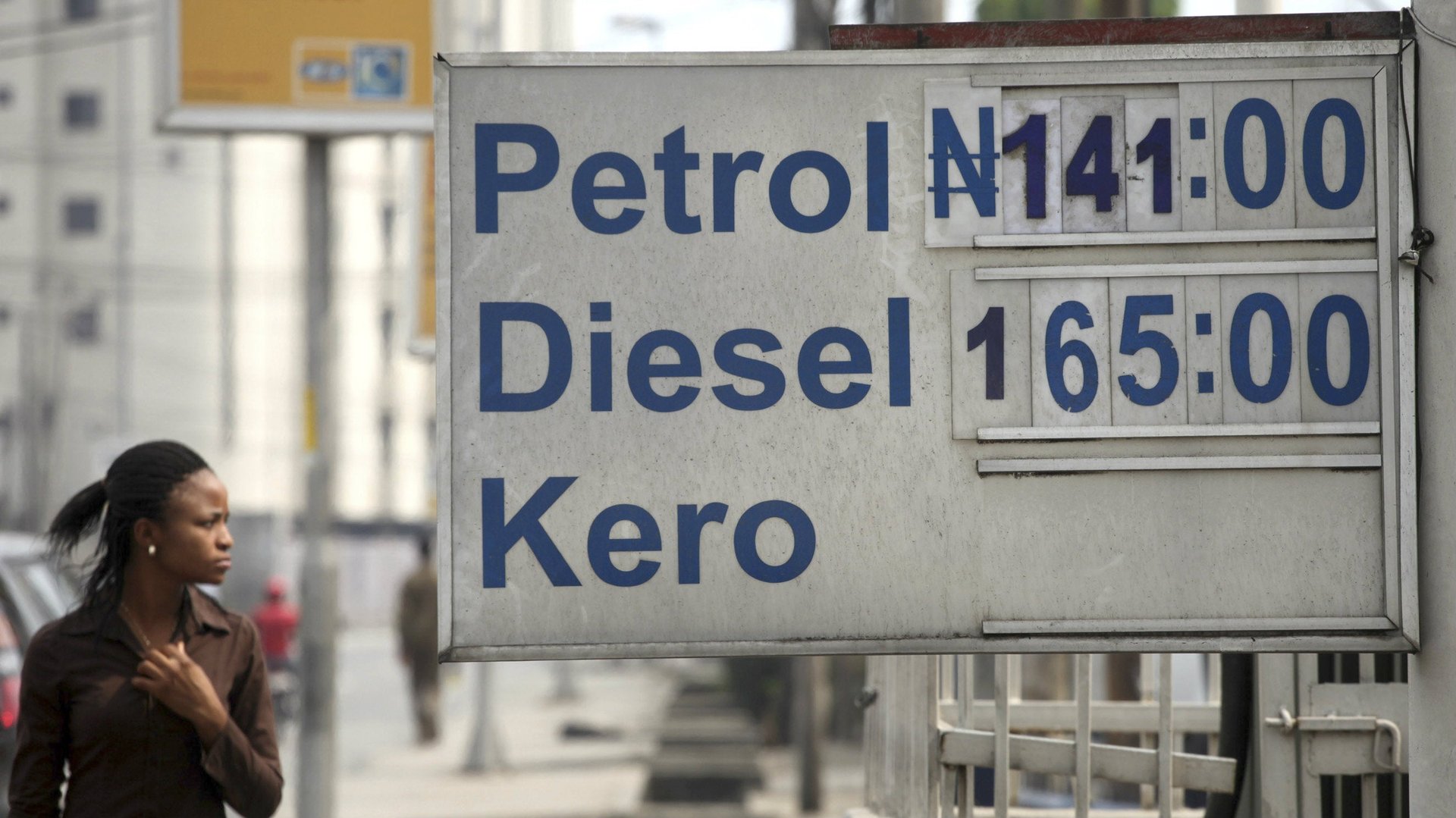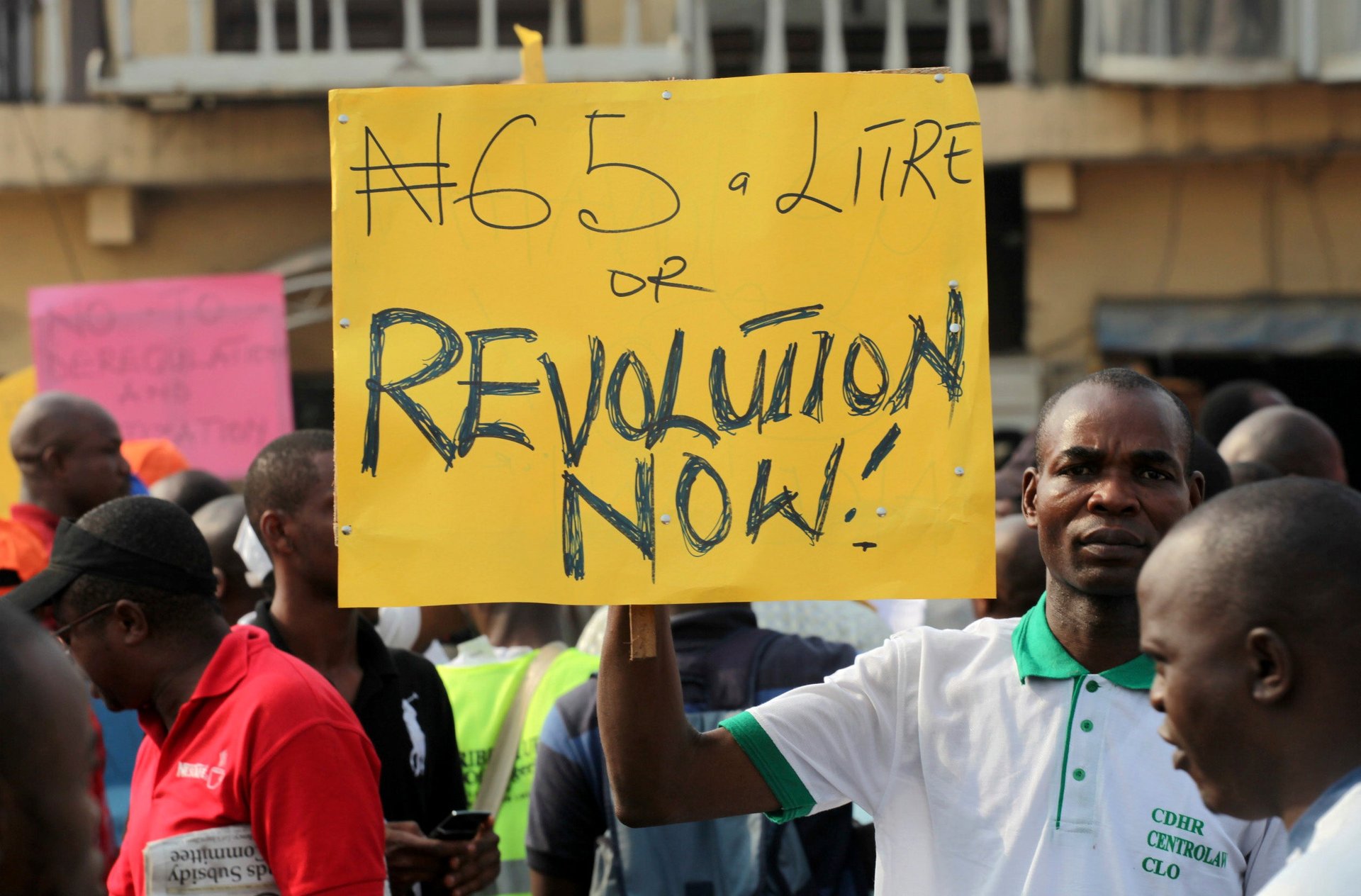Nigeria does not know if it wants to be a socialist or capitalist country
Nigeria’s government often struggles with the idea of a free market.


Nigeria’s government often struggles with the idea of a free market.
On one hand, it woos investors about the potential of doing business in Nigeria but on the other, it often tries to dictate how their businesses should be run.
This week, the example of DStv, the South-Africa owned pay TV company in Nigeria, proves that point as Nigeria’s Consumer Protection Council (CPC) secured a court ruling stopping DStv from increasing prices this month as planned. CPC claims that the move is part of an investigation over consumer complaints including DStv’s “arbitrary pricing.” The CPC says it is also investigating DStv for signing exclusive agreements with content providers and making it harder for competitors to offer premium content as well as the possibility of the company intentionally increasing prices in Nigeria to “compensate” for losses in other African markets.
But here’s the thing: regulating prices does not fall within the CPC’s remit and premium content is often sold exclusively in regions by the broadcast rights holders. ”It’s regulatory overreach,” says Nonso Obikili, an Abuja-based economist. “We have government agencies who try to do things that are beyond their mandate. Sometimes it’s to extract rent but sometimes, it’s just because they can.”
Notably, the CPC’s actions have been backed by many Nigerians who have long accused DStv of charging too much. Essentially, a bulk of Nigeria’s middle-class wants to watch premium television content but also decide how much they want to pay for it. The DStv example is not in isolation as through a mix of aggressive regulators, government interventions and lobbying by the elite, middle-class and unions, Nigeria has a history of favoring practices that are anathema to free markets.
Take petrol, for example. Nigeria’s government has fixed prices private gas stations and importers must sell the product—even though the economics do not add up. Nigeria’s lack of working refineries means that Africa’s largest oil producer cannot refine its biggest export. To cater to local demand, it must import refined petrol while exporting crude. But despite the fluctuations in global oil prices and import costs, the government does not allow flexible pricing. The result is a recurring gas shortage crisis—especially around Christmas—as importers protest shortened profit margins. Rather than deregulate the petroleum industry and allow prices change based on competition and market forces, the government has a corrupt history of funding billion dollar subsidies to keep fixed prices in place. But the government isn’t the only culprit in this regard as Nigerians have also repeatedly pushed back against any petrol price increases.

There are also instances when the government has also batted against foreign airlines for “discriminatory fares that disfavor Nigeria” and threatened to withdraw their licenses. And back in 2016, as a response to dwindling reserves, Nigeria opted for stiff currency control policies as it restricted access to dollars and put limits on how much foreign exchange Nigerians could spend abroad. The policy proved costly: airline companies shut down or cut back operations citing difficulties repatriating dollar profits.
The tendency to try to control private enterprise is “part of the general idea that people are not free to do things unless the government gives the go ahead,” Obikili tells Quartz. “It’s an idea that’s ingrained in the Nigerian economy.” That’s a sentiment shared by Cheta Nwanze, a researcher with SBM Intelligence, a Lagos-based intelligence consulting firm. Shunning free market policies, he argues, is ”a mixture” of both populism and badly thought out economic policy as “fixing prices follows no laws of economics.” Given the prevailing reality, significant and consistent business success in Nigeria largely depends on securing either government patronage or intervention.
Crucially, the government seemingly reserving the discretion to determine prices in a free market conflicts with its rhetoric about improving the ease of business and attracting investment. ”These things send signals,” Nwanze tells Quartz. “And signaling is extremely important in the corporate world.”